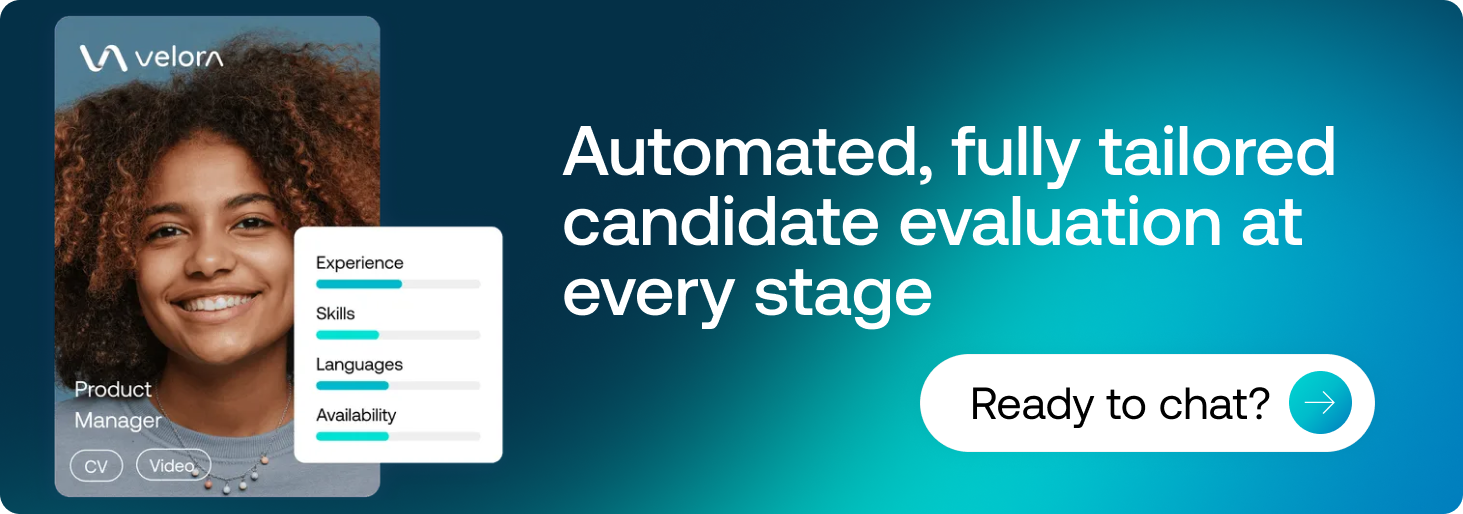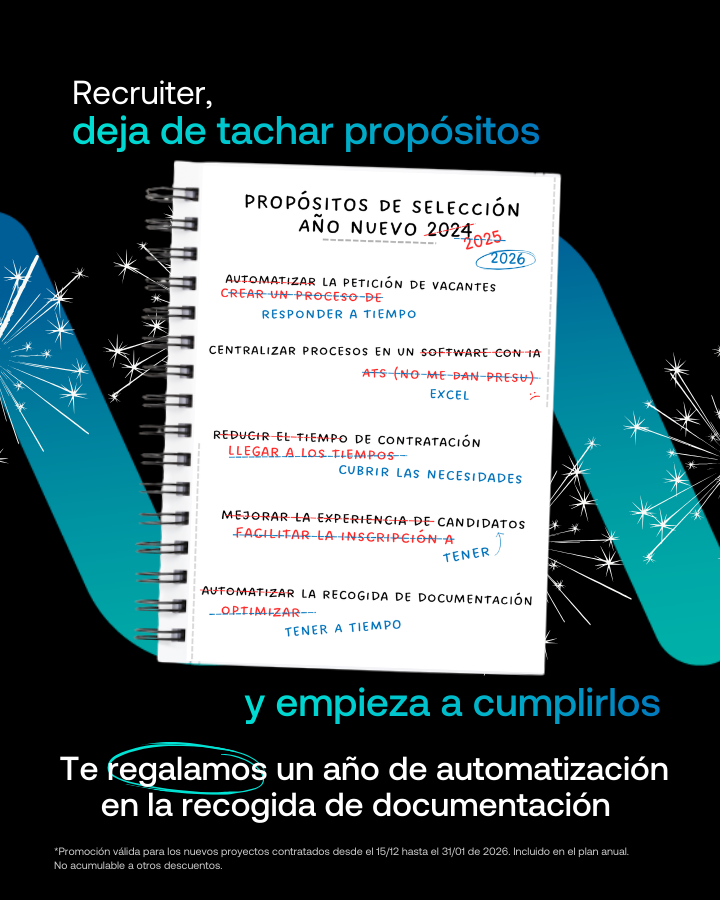Onboarding in HR

WELCOME TO THE SHIP!
The employee experience within a company begins the moment a candidate submits their application for a vacancy. Some confuse Onboarding with traditional corporate integration, but it involves a broader process, including the very moment of signing the contract and processing the entry documents, the detailed explanation of the most relevant aspects of the agreement and the benefits that the worker can access, as well as the approach to the philosophy and values of the company, the functioning of the organizational culture, without neglecting very everyday aspects such as the layout of the physical space and the dress code.

The onboarding phase is key to the employee experience. Not only must we take into account the presentation of this one, but also its development in the first weeks of work. If there is no adequate process to ensure the worker's trust and motivation, it is very likely that the worker will reconsider his decision.
According to an Oracle NetSuit study, at least 20% of new employees leave their position before completing two months with the company. A good onboarding process can improve the retention rate of new employees by up to 82% and their productivity by more than 70%.
Perhaps the most delicate moment in working life is precisely starting a new job. And this is where Onboarding comes into play.

How to generate a successful onboarding of the new employee?
1. Efficiency in administrative processes
The new additions represent a complex administrative formalization process. This is an extensive set of documents to be filled out by the employee.
It is recommended to request this information prior to joining. This way, the employee will have more time and peace of mind to complete them, being ready to start from day one.
2. Is everything ready?
It is essential that, at the time of joining, everything is ready for the arrival of new members to the team. The tools you are going to use, your email, the accounts for the different software, etc. You must have them even if you are not going to use them during the first day.
The company must ensure that the order is placed and everything is working properly before the employee's first day of work.
3. Information about company policy
Before joining, it is important that the worker is already aware of the company's main values and policies. This makes it easier for the new employee to start in sync with the company right from the start.
Some of the points that cannot be forgotten are: schedules, holidays, dress code, company benefits, etc.
4. Welcome to the team and office
Everyone has experienced a first day of work. That mix between enthusiasm and fear when you're on your way to your new office, not quite sure what to expect.
For this reason, it is important that the worker feels accompanied from the start. Take a tour of the work space and common areas, to get to know the place of everything and not have the feeling of being lost.
In addition, the new employee must know the members of their work team since joining, as well as the rest of the people with whom they will have a relationship introducing the team, will help them to become familiar and welcome. So you can have a clear route of how everything is going to be before you arrive, many of the nerves and tension you may have will disappear, facilitating the process and allowing you to adapt much better.

5. Establish work expectations
The fact that the employee knows their work objectives and responsibilities from the outset, facilitates direct and smooth incorporation.
It's important to start with a generic introduction of the company's objectives for the department in question and the specific role of the new employee. It is recommended that the meeting be held by projecting trust, and providing an opportunity to discuss the new worker's own expectations. This phase is key for them to be aware of their importance in the company.
6. Training plan
The company must first develop a training plan for the new employee. It is an update with the company's situation, as well as a basic guide to facilitate the development of its tasks.
Although there may be common plans for all new additions, it is important that these are as adapted and personalized as possible. In addition, this individualization will determine their efficiency, in terms of time and resources.
Explaining carefully the role, tasks and objectives expected of new hires is key, and so is explaining how you are going to relate to the rest of the team, colleagues and managers.
7. Ask for feedback or evaluation of the onboarding process
The incorporation process is an important source of information for the company. Once the new worker has adapted, they should be given access to a tool that allows them to give feedback on how their Onboarding process went, what they liked or what they lacked, etc.
That way, you'll find strengths and weaknesses in your process, and you'll be able to make Onboarding increasingly less stressful and more satisfying.

.jpg)
Fulfill your selection purposes
Recruiter, fulfill your recruitment purposes in 2026 with the help of Velora. And as a gift, a free year on automatic document request.

Related articles
More articles to inspire your HR strategy









